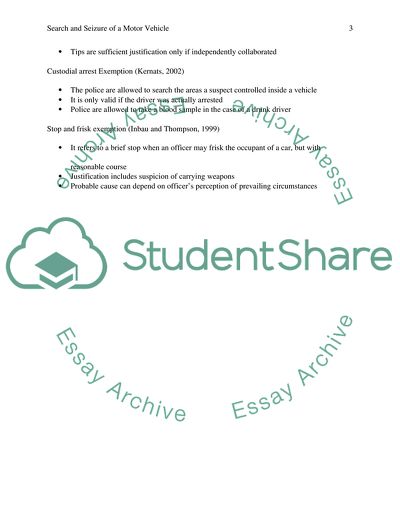Cite this document
(Search and Seizure of a Motor Vehicle Research Paper, n.d.)
Search and Seizure of a Motor Vehicle Research Paper. Retrieved from https://studentshare.org/law/1799184-search-and-seizure-of-a-motor-vehicle
Search and Seizure of a Motor Vehicle Research Paper. Retrieved from https://studentshare.org/law/1799184-search-and-seizure-of-a-motor-vehicle
(Search and Seizure of a Motor Vehicle Research Paper)
Search and Seizure of a Motor Vehicle Research Paper. https://studentshare.org/law/1799184-search-and-seizure-of-a-motor-vehicle.
Search and Seizure of a Motor Vehicle Research Paper. https://studentshare.org/law/1799184-search-and-seizure-of-a-motor-vehicle.
“Search and Seizure of a Motor Vehicle Research Paper”, n.d. https://studentshare.org/law/1799184-search-and-seizure-of-a-motor-vehicle.


